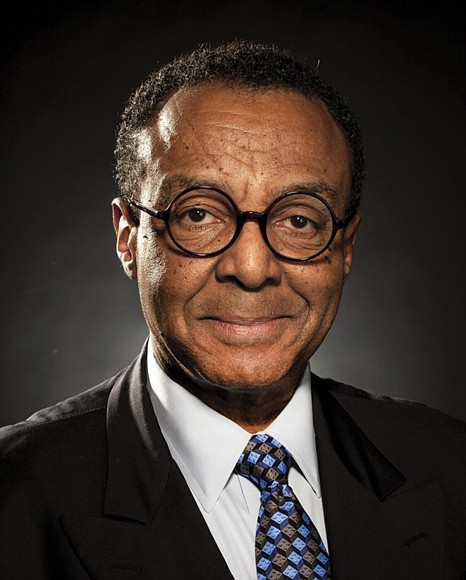MAGA takes on Elon Musk’s ‘tech bros’, by Clarence Page
1/9/2025, 6 p.m.
Just weeks before President-elect Donald Trump was scheduled to return to the White House, the coterie of American tech oligarchs who played a decisive role in re-electing him was busy exerting their own power in ways that suggest the MAGA coalition may be heading for a crack-up.
Trump famously invited fellow billionaires Elon Musk and Vivek Ramaswamy to lead an effort to cut government spending and federal payrolls. But in December Musk went rogue and used his vast social media reach to scuttle a spending bill he didn’t like, complicating Trump’s and the GOP’s fiscal plans in the new session of Congress.
Then, on the day after Christmas, Ramaswamy dropped an essay-length tweet on X lecturing Americans on the deficiencies of our “culture” that necessitate the use of H-1B visas to import tech workers into the United States from places like India.
Many Trump diehards were not pleased. A large and very vocal segment of MAGA world instantly cried that Trumpism was being betrayed.
For Trump voters, in large part, the last election was about immigration. It also was about unseating a class of “elites” who supposedly run the government and the media and other institutions for their own interests and to the detriment of a very large group of people who supported Trump: exurban and rural working people who mostly don’t have college degrees.
To these voters, “America first” means policies that put their interests before those of immigrants and foreigners. Yet here was Ramaswamy, touting a visa program that allows thousands of foreign engineers and other skilled immigrants to take jobs that Americans supposedly don’t have the skills or the numbers to fill.
One of the best-known beneficiaries of the H-1B visa program is none other than Musk, whose car company, Tesla, has hired workers using the program. Like many others in his position, Musk defends the industry’s need for the program.
The H-1B visa program is hotly debated in policy circles.
Does it fill positions that American tech talent cannot, or is it exploited to secure cheap labor from easily intimidated migrants at the expense of qualified American workers?
These and other issues merit deeper investigation and public debate. But Ramaswamy, born in the U.S. to parents who moved here from India, preferred to treat the subject with a half-sermon, half-pep talk that sounded a lot like blaming the victim.
“The reason top tech companies often hire foreign-born & first-generation engineers over ‘native’ Americans isn’t because of an innate American IQ deficit (a lazy & wrong explanation),” he tweeted. “A key part of it comes down to the c-word: culture.”
Ah, yes. We’ve heard this line of argument before. And I don’t necessarily disagree. I believe if you can generate and maintain a culture of excellence, meaning you accept nothing short of putting your best effort into producing the best results, you’re halfway on your way to success.
“Tough questions demand tough answers & if we’re really serious about fixing the problem, we have to confront the TRUTH,” Ramaswamy went on, citing a culture that “venerate(s) mediocrity over excellence,” that celebrates the prom queen over the math olympiad champ and the jock over the valedictorian — a set of touchstones that strike even me as dated.
He went on to say he knows many immigrant parents in the 1990s who actively limited their kids’ TV viewing because the shows “promoted mediocrity … and their kids went on to become wildly successful STEM graduates.”
He recommended tough-love movies like “Whiplash,” which is excellent but in my view shows more toughness than love, and called for fewer reruns of “Friends.”
“More math tutoring, fewer sleepovers. More weekend science competitions, fewer Saturday morning cartoons. More books, less TV. More creating, less ‘chillin.’ More extracurriculars, less ‘hanging out at the mall.’ ”
Normalcy as a goal for students and parents, Ramaswamy argued, “doesn’t cut it in a hyper-competitive global market for technical talent. And if we pretend like it does, we’ll have our asses handed to us by China.”
With that, my memory flashed back to my childhood, when I was inspired by watching America send its first astronauts into space. After the Soviet Union beat us into space with the Sputnik satellite, President Dwight Eisenhower and later administrations launched a race to orbit and beyond.
The writer is a columnist for the Chicago Tribune.







